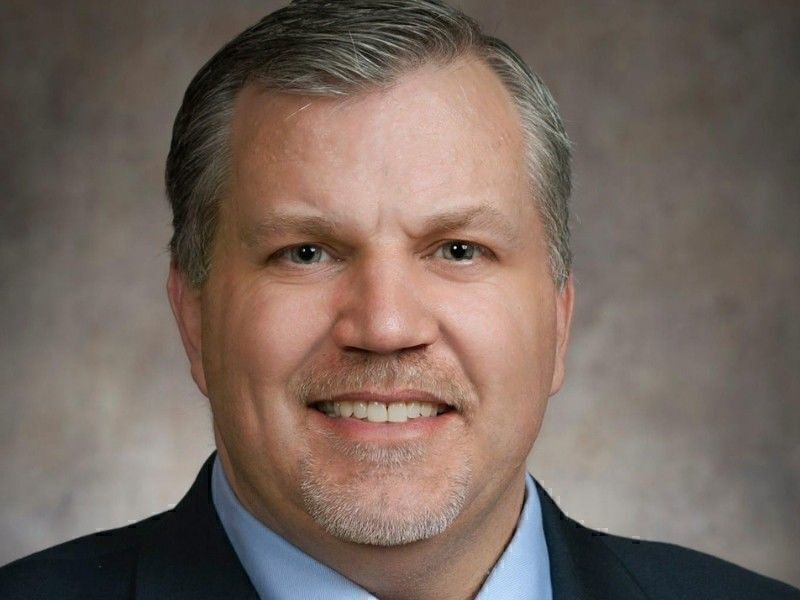Madison, WI – Today, Senator Rob Stafsholt (R - New Richmond), released the following statement after his legislation passed both the Senate and Assembly that would retain the Wisconsin-Minnesota Tuition Reciprocity Agreement and change the distribution of tuition funds.
“The changes from this legislation will have a significant impact for UW-River Falls, UW-Stout and UW-La Crosse right here in Western Wisconsin. It will allow those schools to retain the tuition dollars paid by students from Minnesota so they can invest those dollars into educating our students on their campus, rather than sending those dollars to Madison.”
Senate Bill 161 retains the Minnesota-Wisconsin Tuition Reciprocity Agreement and subsequent legislative oversight, but makes two major changes. The proposal transfers negotiating authority from the Wisconsin Higher Educational Aids Board (HEAB) to UW System. The individual UW System campuses are impacted by this agreement so they should be negotiating its provisions. In addition, it allows individual campuses to retain the differential tuition earned from Minnesota residents.
“The additional revenue is generated by Minnesota students who have decided to enroll and learn at our schools in Wisconsin. This legislation is an attempt by me to continue to get our fair share out of Madison here in Western Wisconsin.”
Currently, Minnesota and Wisconsin students pay the higher of the two state tuition rates at their current campus. Due to the multiple year undergraduate tuition freeze in Wisconsin, the rate is typically the Minnesota undergraduate rate for both Wisconsin students that attend Minnesota schools and Minnesota students that attend Wisconsin schools. The difference in tuition paid by Minnesota students is not retained by individual campuses. Instead, it is deposited into the Wisconsin General Fund, where part of it is sent back to Minnesota through a 50-year-old formula.
Last Update: Feb 23, 2024 9:49 am CST

















